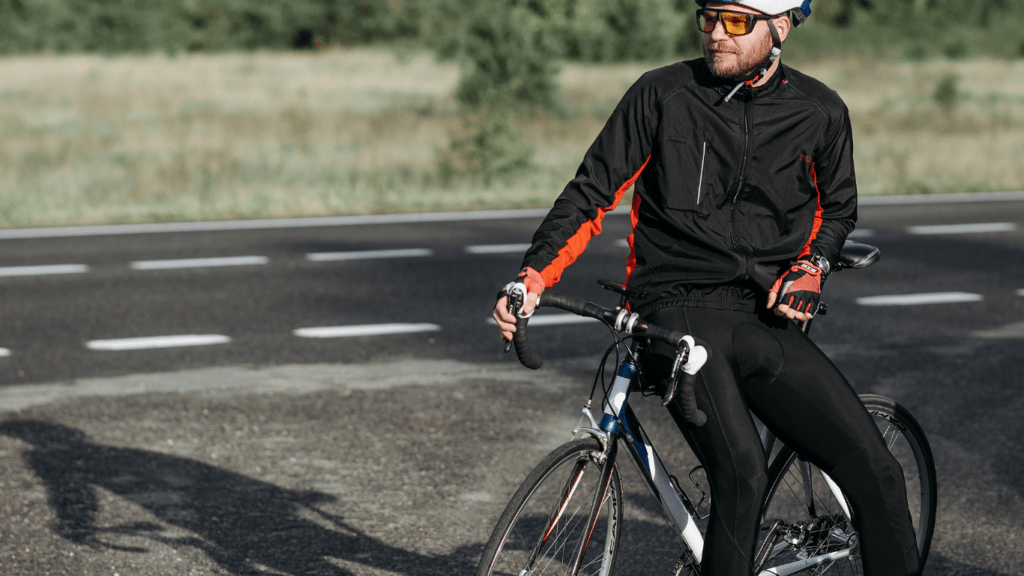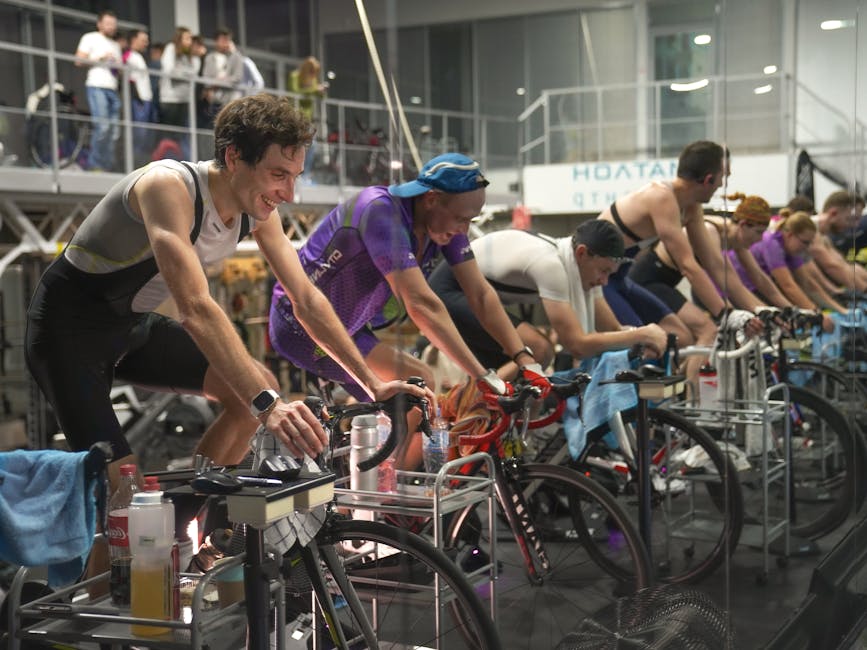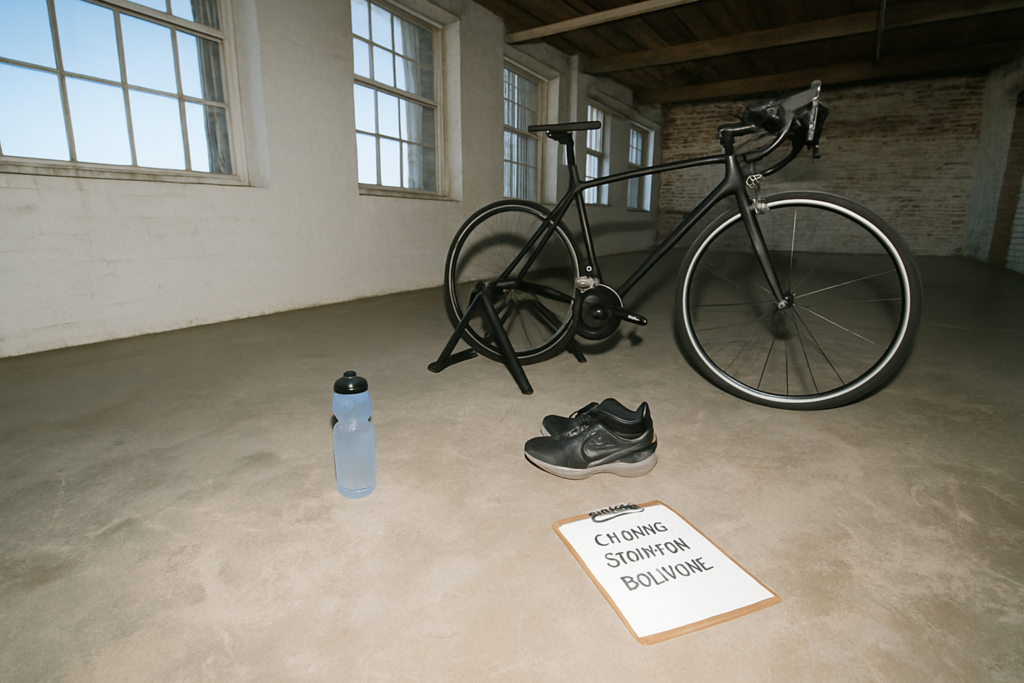Understanding Rest and Recovery in Cycling
Rest and recovery play crucial roles in enhancing performance in cycling. These practices ensure cyclists can maintain their training regimen without risking their health.
The Role of Rest Days
Rest days are periods where cyclists refrain from any physical activity. These days are vital for muscle repair and growth.
By incorporating rest days into my schedule, I allow my body to heal from the stress of intense training sessions.
This prevents fatigue and reduces the risk of overuse injuries. Experts suggest one to two rest days per week for optimal recovery.
Differences Between Rest and Active Recovery
Rest involves complete inactivity, while active recovery includes low-intensity exercises like light cycling or stretching. Both have their benefits. Rest days help muscles recover fully, which is crucial after high-intensity workouts.
Active recovery, though less strenuous, promotes blood circulation, reducing muscle stiffness and accelerating recovery. Incorporating these two recovery methods into my training routine keeps my body balanced and prepared for subsequent workouts.
Physical Benefits of Adequate Rest for Cyclists

Adequate rest plays a crucial role in a cyclist’s overall performance and long-term health. Proper recovery offers numerous physical benefits that ensure cyclists can sustain their training regimen effectively.
Muscle Repair and Growth
Muscles repair and grow during rest periods. When I rest, my body synthesizes proteins that rebuild muscle fibers damaged during cycling.
This process strengthens and enlarges muscles, enhancing power and endurance.
Reduction of Injury Risks
Rest reduces injury risks. Continuous training leads to fatigue, which increases the likelihood of overuse injuries.
By incorporating sufficient rest, I allow my muscles, tendons, and ligaments to recover, decreasing the chance of strains and sprains.
Psychological Aspects of Recovery
Psychological recovery is just as crucial as physical recovery for cyclists. Mental fatigue affects performance and motivation, making it essential to address both aspects during rest and recovery periods.
Managing Mental Fatigue
Chronic mental fatigue impairs decision-making and reaction times. To manage it, I ensure I incorporate rest days to relax mentally.
Activities such as:
- meditation
- reading
- engaging in a hobby
help clear my mind. Additionally, adequate sleep is vital for cognitive function and mood stabilization.
Enhancing Motivation and Performance
Proper recovery boosts both motivation and overall performance. Taking scheduled breaks prevents burnout and maintains a consistent training routine.
I set realistic goals and celebrate small achievements to stay motivated. Positive reinforcement provides the necessary drive to improve cycling performance.
By focusing on psychological recovery, cyclists sustain long-term mental health, directly translating to better physical performance and overall well-being.
Strategies for Effective Recovery
Active recovery in cycling optimizes performance and long-term health. Incorporate these key elements for balanced and comprehensive recovery.
Nutrition and Hydration
Proper nutrition accelerates muscle repair in cycling, improving endurance and overall health. Eat a balanced diet rich in proteins, carbohydrates, and healthy fats.
Proteins (like chicken, fish, beans) aid in muscle repair, while carbohydrates (like whole grains, fruits) replenish glycogen stores. Healthy fats (like avocados, nuts) support joint health.
Effective hydration maintains optimal performance levels.
Drink water throughout the day and use electrolyte-infused beverages during extended rides. Dehydration impairs muscle function and increases fatigue, so it’s essential to replace fluids lost through sweat.
Sleep and Its Impact on Cyclist Recovery
- Sleep significantly influences recovery in cycling.
- Quality sleep promotes the release of growth hormones, critical for muscle repair and building.
- Aim for 7-9 hours of uninterrupted sleep each night.
- To improve sleep quality, maintain a consistent sleep schedule and create a restful environment.
- Keep your bedroom cool, dark, and quiet. Reduce screen time before bed, as blue light can disrupt sleep patterns.
- Quality sleep not only enhances physical recovery but also improves mental alertness, ensuring you’re prepared for each ride.

 I'm Daniel Leverette, and I’m excited to be part of the incredible team at Cycle Smooth Ride Long. Cycling has always been a passion of mine, and now, I get to share that passion with you by bringing expert insights, reviews, and tips to help you elevate your ride.
At Cycle Smooth Ride Long, we believe that every cyclist deserves the best experience, whether you’re hitting the pavement for a casual ride or gearing up for an intense training session. My goal is to ensure that you have the knowledge and tools you need to enjoy every mile, from choosing the right gear to optimizing your nutrition and fitness.
I'm Daniel Leverette, and I’m excited to be part of the incredible team at Cycle Smooth Ride Long. Cycling has always been a passion of mine, and now, I get to share that passion with you by bringing expert insights, reviews, and tips to help you elevate your ride.
At Cycle Smooth Ride Long, we believe that every cyclist deserves the best experience, whether you’re hitting the pavement for a casual ride or gearing up for an intense training session. My goal is to ensure that you have the knowledge and tools you need to enjoy every mile, from choosing the right gear to optimizing your nutrition and fitness.
